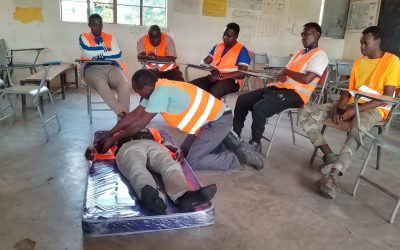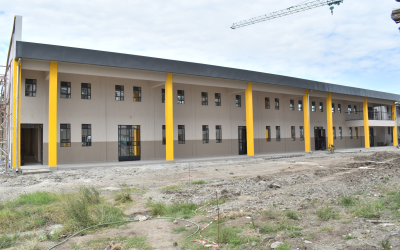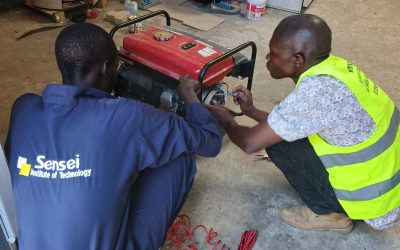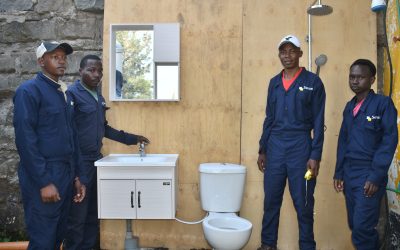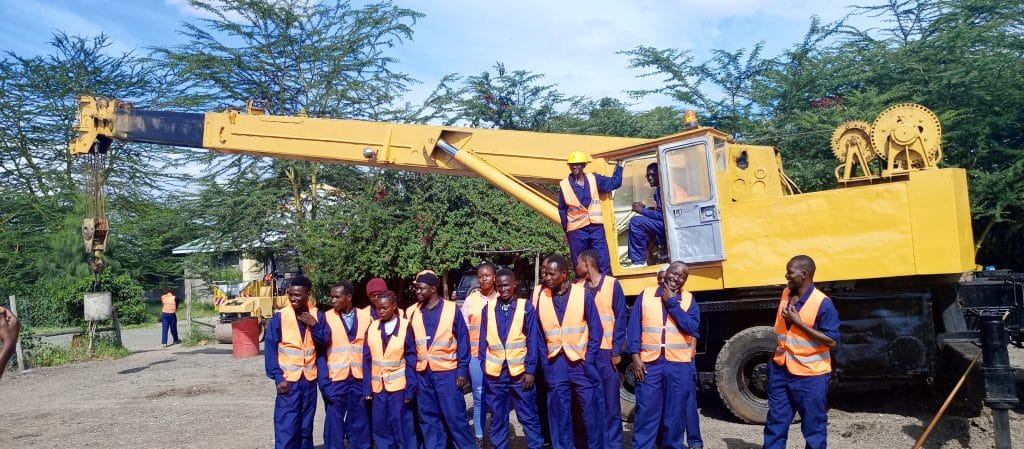
Cranes stand tall as some of the most critical pieces of machinery in the vast landscape of construction and industrial work. These towering giants, capable of lifting and moving substantial loads, are indispensable for building skyscrapers, bridges, and other large structures. However, the efficient and safe operation of cranes requires specialized training and expertise, which is where institutions like the Sensei Institute of Technology come into play.
The Importance of Cranes in Modern Construction
Cranes are pivotal in the construction industry for several reasons. They provide the capability to lift heavy materials and place them precisely, often at significant heights. This ability is crucial for the erection of tall buildings and complex infrastructure projects. Without cranes, many of the architectural marvels we admire today would be impossible to construct.
Different types of cranes, such as tower cranes, mobile cranes, and overhead cranes, serve various purposes. Tower cranes are a common sight in city skylines, helping to construct high-rise buildings. Mobile cranes, which can be easily transported to different locations, are versatile and used in various construction and industrial settings. Overhead cranes, often found in manufacturing and storage facilities, facilitate the movement of heavy loads within confined spaces.
The Role of Crane Operators
While the machinery itself is impressive, it is the crane operators who ensure these powerful tools are used effectively and safely. Crane operators are highly skilled professionals trained to handle these complex machines. Their role involves not only operating the crane but also understanding load capacities, safety protocols, and effective communication with the construction team.
The job of a crane operator is demanding and requires a high level of precision and attention to detail. They must constantly be aware of their surroundings and the positioning of loads to prevent accidents. This level of responsibility underscores the need for comprehensive training programs that prepare operators for the challenges they will face on the job.
Crane Training and Certification at Sensei College
Recognizing the critical role of crane operators in the construction industry, the Sensei Institute of Technology offers specialized training programs designed to equip individuals with the necessary skills and knowledge. The Institute’s crane operation courses are comprehensive, covering both theoretical and practical aspects of crane operation.
Course Structure:
- Theoretical Training:
- Safety Protocols: Understanding the essential safety guidelines and regulations is paramount. The course covers OSHA (Occupational Safety and Health Administration) standards and other relevant safety protocols.
- Crane Components and Functions: Students learn about the different parts of a crane and their specific functions, ensuring they can identify and troubleshoot potential issues.
- Load Calculations: Accurate load calculations are crucial to prevent overloading, which can lead to accidents. The course teaches how to determine load weights and the correct configuration for lifting.
- Practical Training:
- Simulator Training: Before handling real cranes, students practice on simulators that replicate various crane operations. This step helps build confidence and familiarity with the controls.
- Hands-On Training: Under the supervision of experienced instructors, students operate real cranes in controlled environments. This hands-on experience is invaluable, allowing them to apply theoretical knowledge in real-world scenarios.
Certification: Upon successful completion of the training program, students receive a certification that is recognized across the industry. This certification not only enhances their employment prospects but also assures employers of their competency and adherence to safety standards.
The Impact of Quality Training
Quality training programs like those offered by the Sensei Institute of Technology have a profound impact on the construction industry. Well-trained crane operators contribute to safer and more efficient construction sites. They help reduce the risk of accidents, minimize downtime caused by equipment malfunctions, and ensure that projects are completed on time and within budget.
Moreover, trained operators are better equipped to handle emergencies and unexpected situations. Their expertise can make the difference between a smooth operation and a potential disaster.
Conclusion
Cranes and their operators are the unsung heroes of modern construction. The towering cranes that shape our city skylines and the skilled professionals who operate them are essential to the progress and safety of the construction industry. Institutions like the Sensei Institute of Technology play a crucial role in preparing the next generation of crane operators, ensuring they have the knowledge and skills needed to excel in their careers.
Through comprehensive training and rigorous certification programs, Sensei Institute of Technology contributes to a safer, more efficient, and innovative construction industry. As we continue to build and expand our urban landscapes, the importance of cranes and their operators will only grow, highlighting the need for ongoing education and professional development in this vital field.
